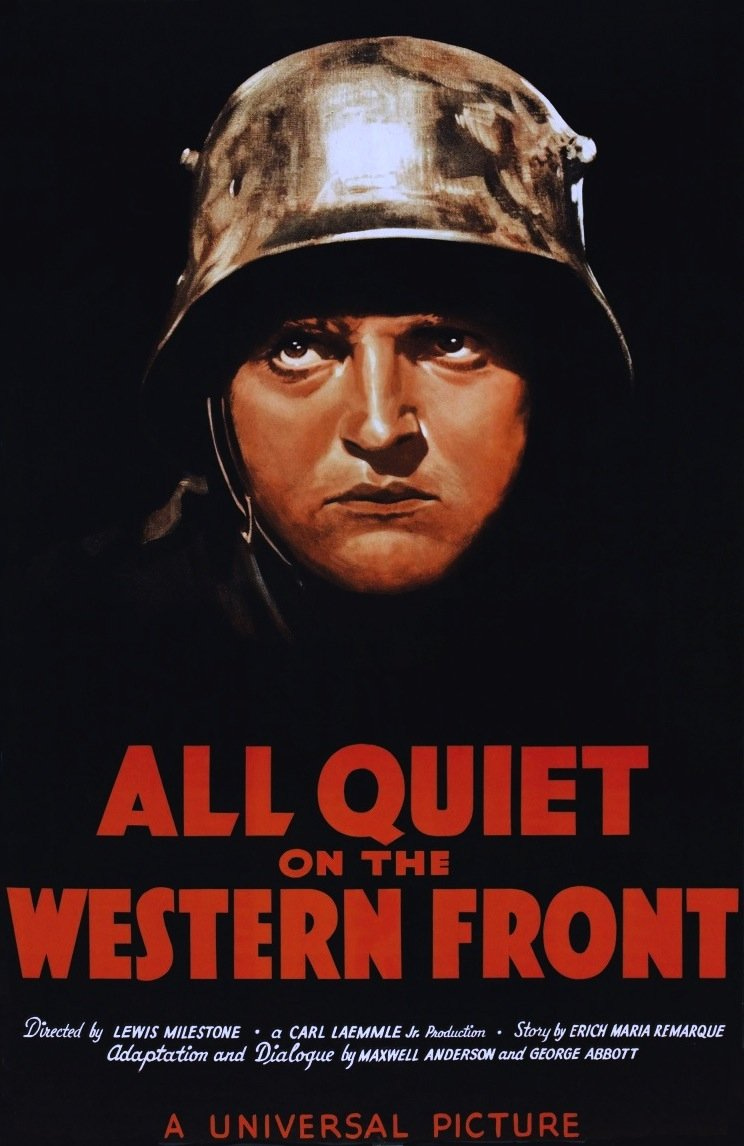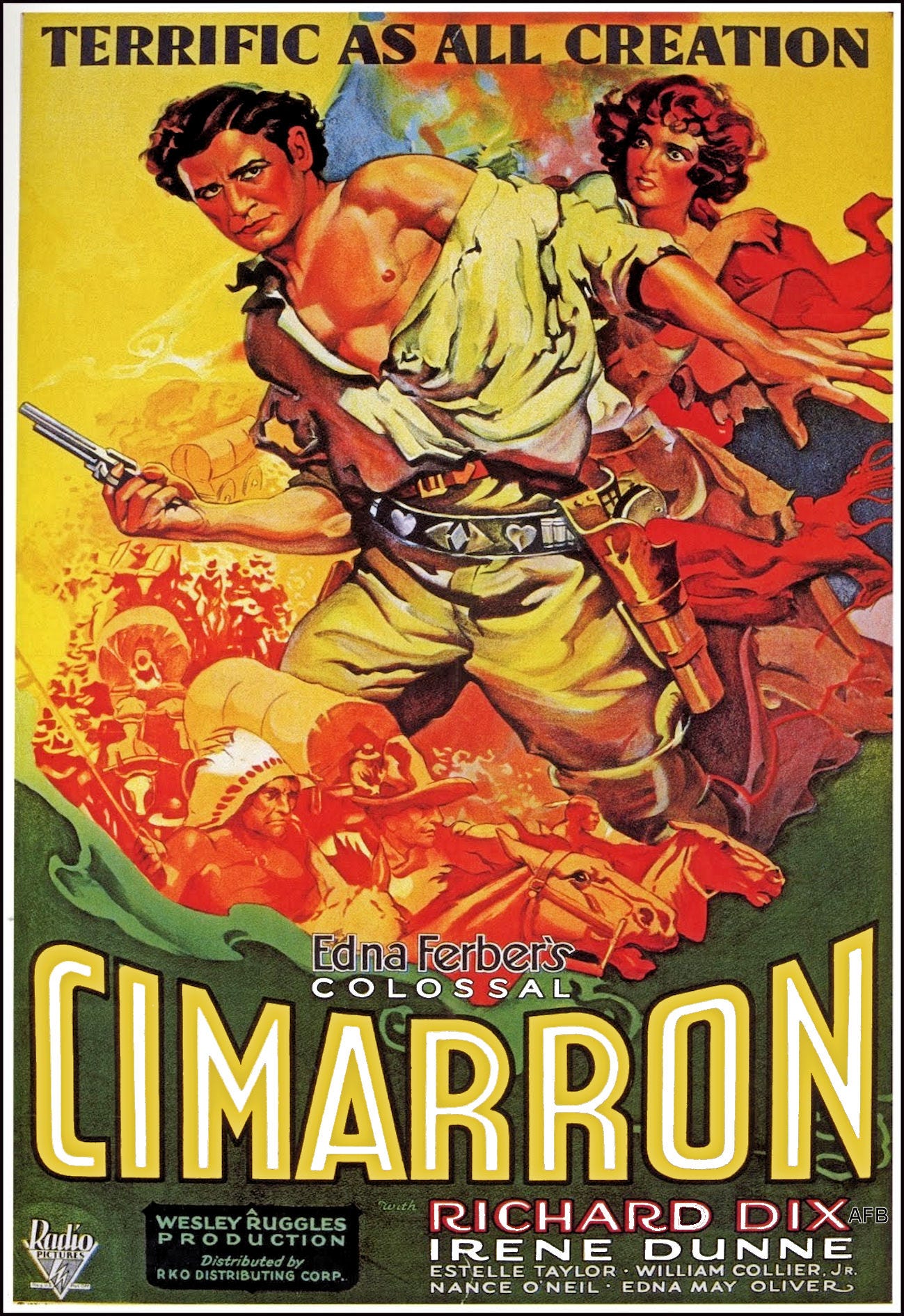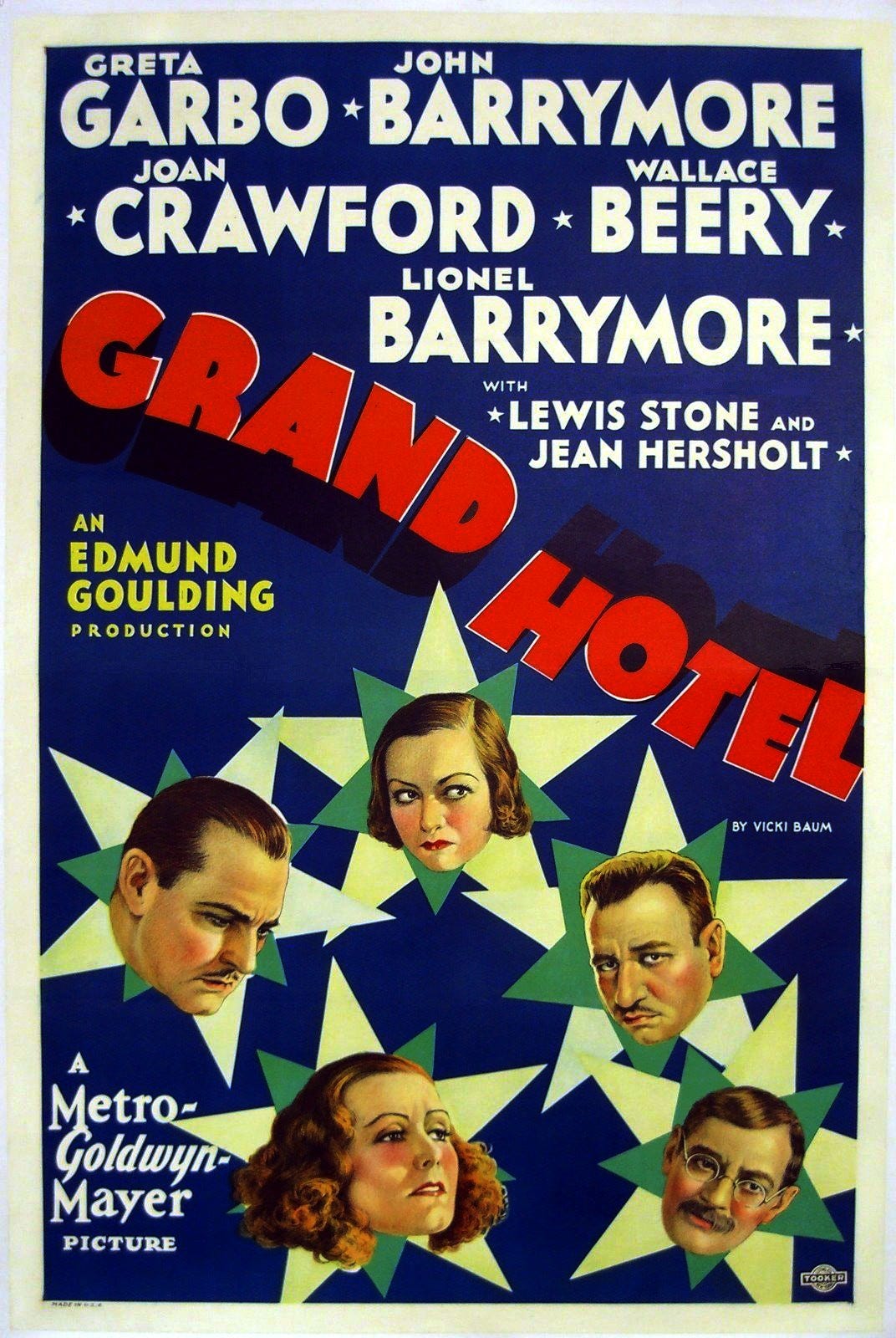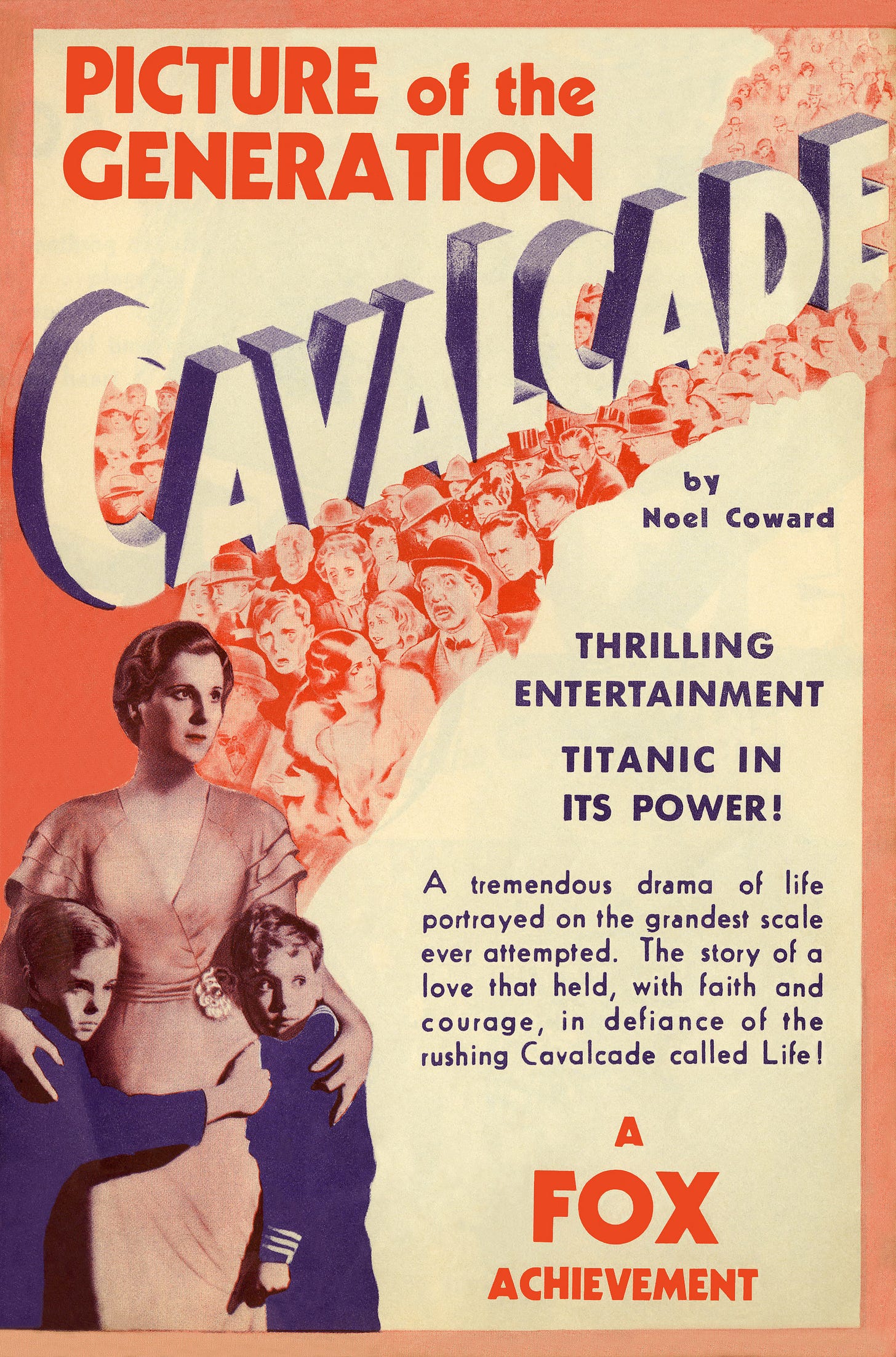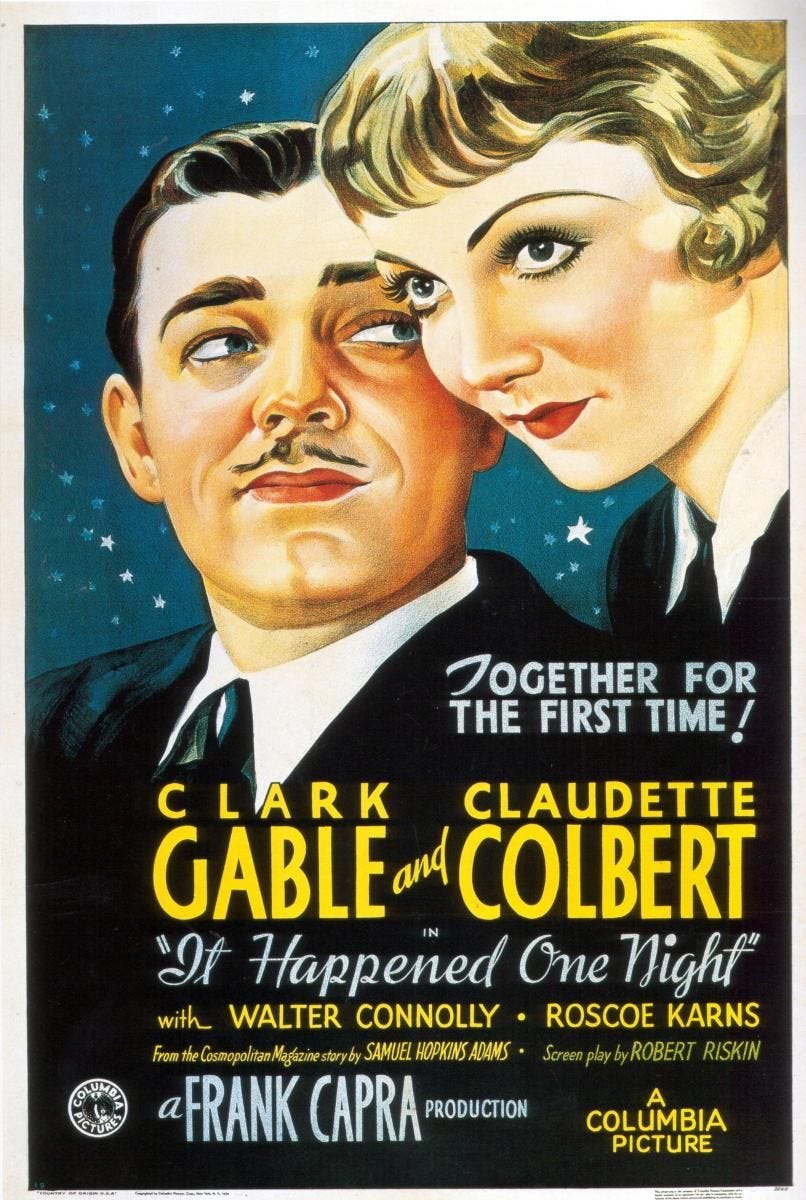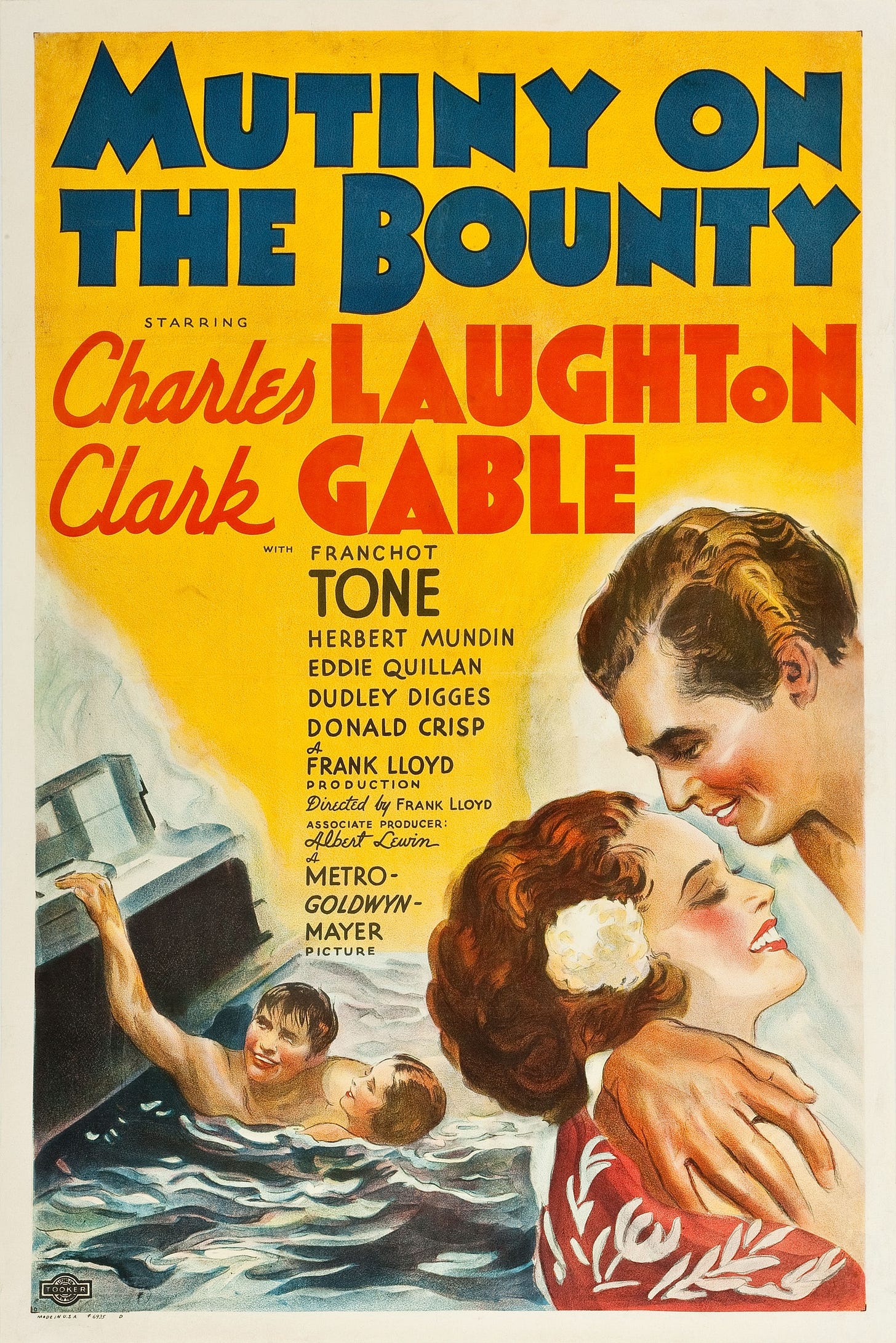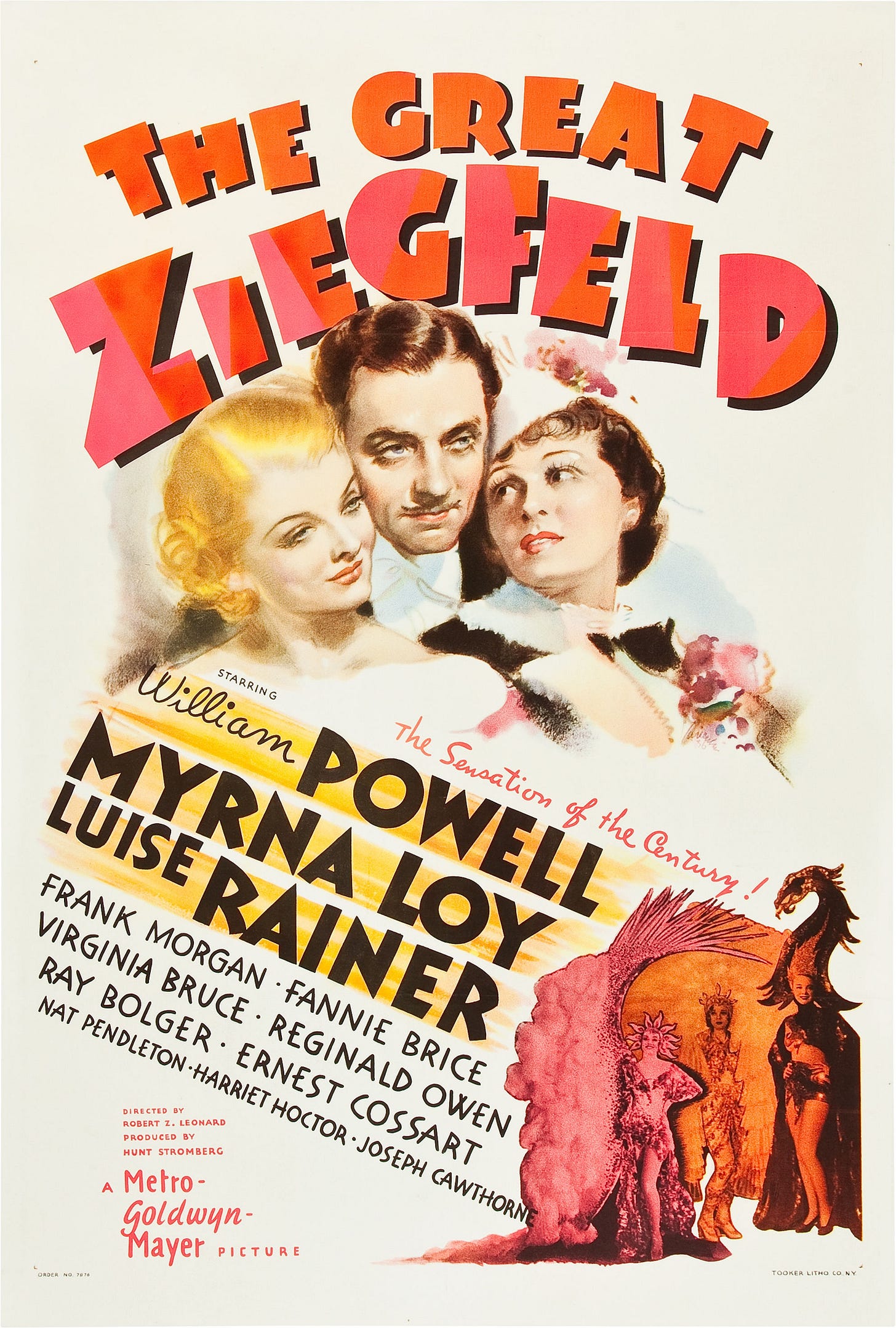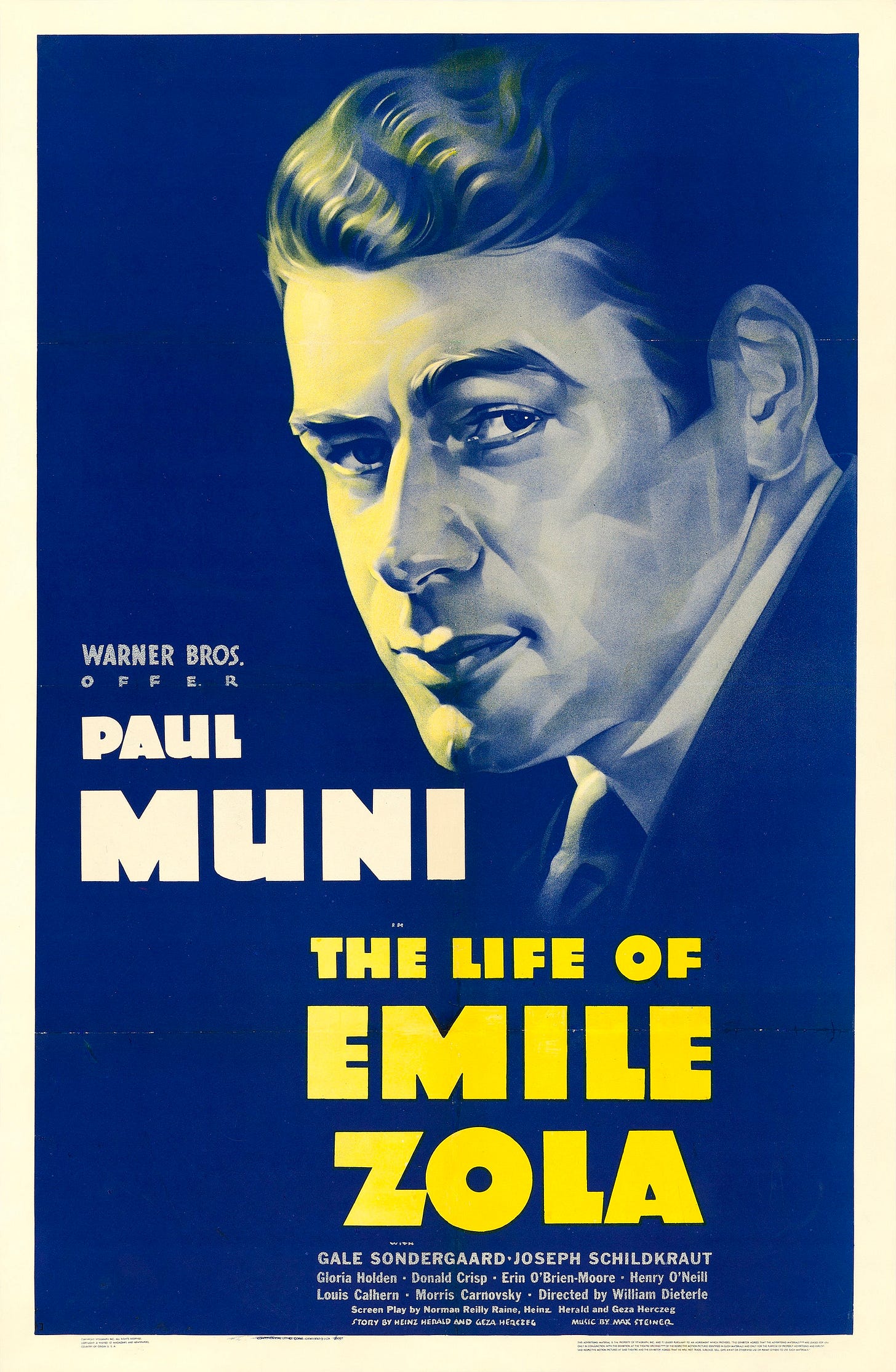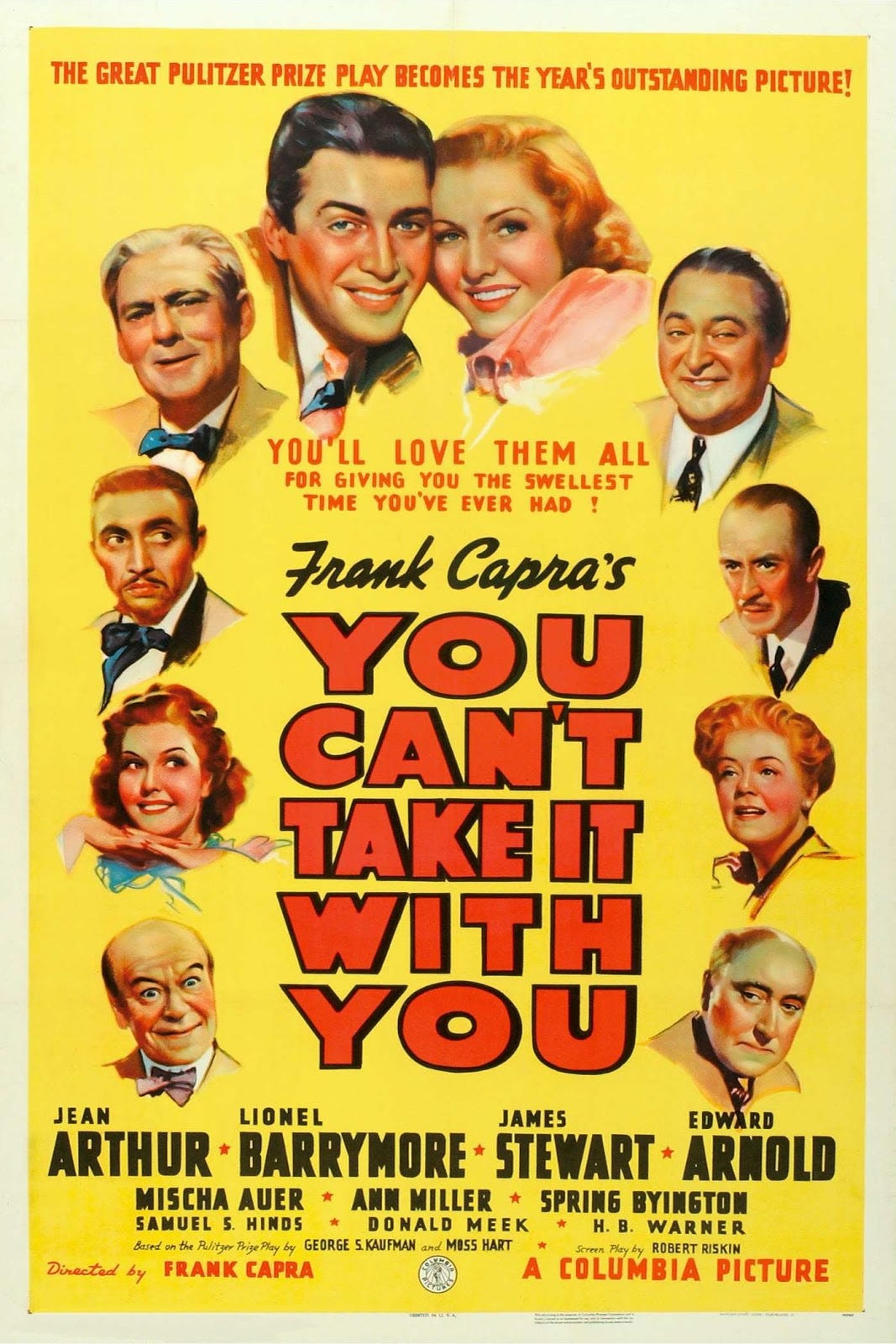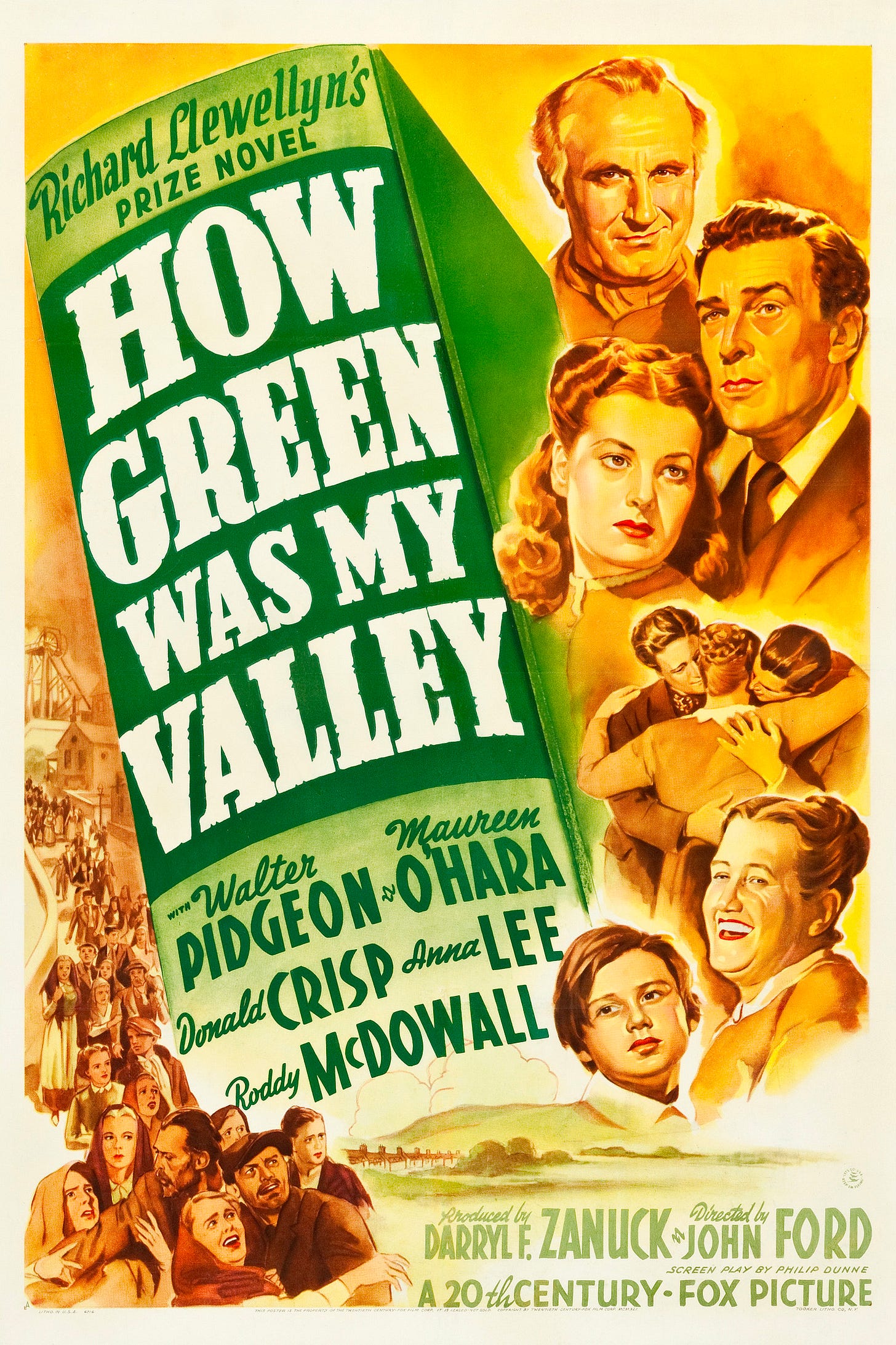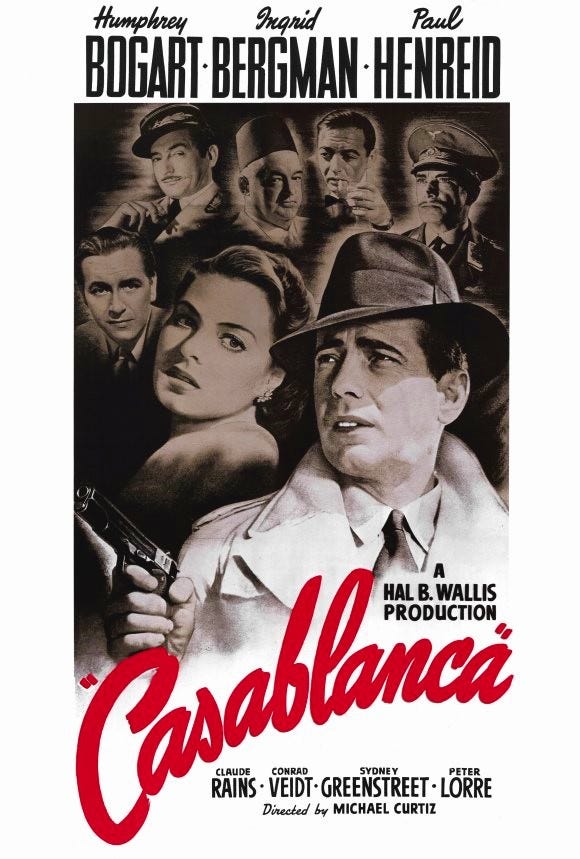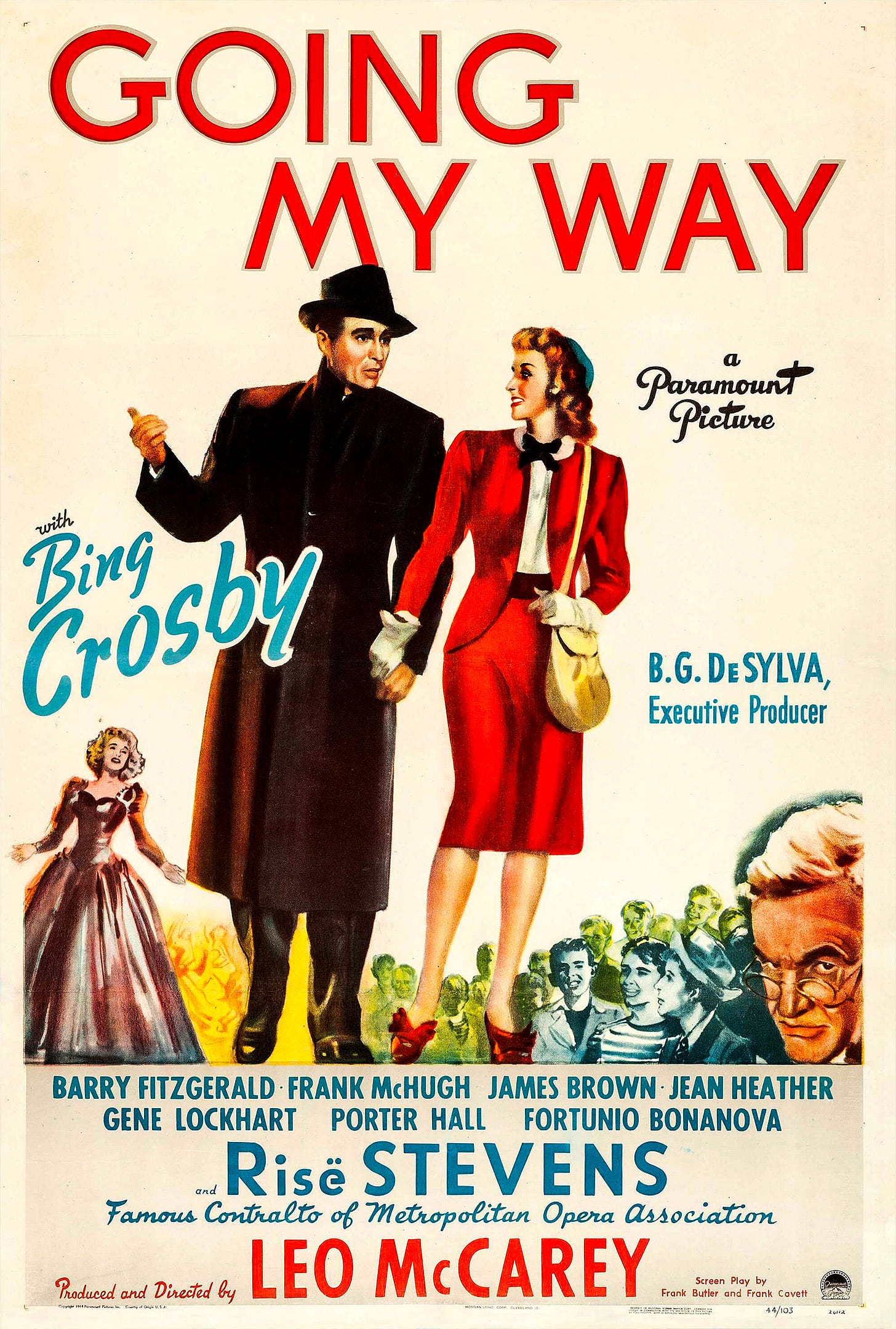I hate movies.
Okay, so maybe I don’t hate-hate them. I have enjoyed some of them! I own a handful of blurays! I saw Carol like three times in theaters!!!! But it’s not my medium of choice. I’d much rather read a book, or play a video game, or even watch a TV show. There are a variety of reasons for this. I easily get frustrated by the pacing of movies, want them to speed up or slow down or whatever. I don’t like action sequences. I sometimes have a hard time with suspension of disbelief, especially when I recognize the actors on screen — I become very aware that they’re pretending. I also don’t know enough about the craft to turn that hyper-awareness into a critical eye, so that’s not even an option!
But I’m still interested in movies! They are very important to modern human culture! They’re a rich medium, and even though I will never look forward to a Marvel movie or a Star War, I do love listening to Movie People talk about the details! And I know I should watch more of them. But there are always more interesting things to do.
I know my film literacy needs work. I’m frustrated by not getting the jokes and references. The last time I felt this way, I was a born-and-bred atheist studying English literature at the graduate level who had no idea what Chaucer was talking about. So you know what I did? I read the entire Bible. It was fine.
So begins my film history project: I’m going to watch every single film* that won the Academy Award for Best Picture. I know that I’m going to miss a lot of great movies by doing this, because lord knows that not every great movie wins awards (you will notice that Carol is missing from the list) and not every award-winner is a great movie! But it’s the most efficient way to see the progression of nearly a century of film history, while also catching a glimpse into the zeitgeist of the time. If there’s anything the Oscars represent, it’s the zeitgeist.
(*I’m skipping Wings (1927) because it is a silent film and I am illiterate)
Anyway, as with all things, I decided to jot down my thoughts on each film:
The Broadway Melody (1928/1929) —
I typically root for the misunderstood dumb beauties with kind hearts over the spunky ambitious gals, but even I was a little put off by how quickly this dude fell in love with his fiancee’s newly-hot kid sister. Also, it was a very bold choice to cast two actresses who can neither sing nor dance to play rising vaudeville stars.
All Quiet on the Western Front (1929/1930) —
Admittedly, I had no idea what this book/movie was about until this moment, and MAN is it depressing. I think I would have really enjoyed it as a teen, because I also loved Camus’ The Stranger, though I do wonder why we give such heavy material to kids who are probably more interested in romance and adventure. Anyway, I did really enjoy this one, and it’s kind of amazing to think that it’s almost a century old.
Cimarron (1930/1931) —
I watched this on Indigenous People’s Day, which is a fun and sexy (?) coinkeydink. Anyway, this film is so breathtakingly racist that I spent most of it whispering “oh my god” under my breath.
Grand Hotel (1931/1932) —
This is the first one on the list that actually feels like a Movie instead of some sort of old-timey pre-movie relic. Maybe it’s because it has recognizable actors? Greta Garbo is Garboing it up, and the love plots are so conveniently heterosexual that I’m almost sad that I’m not straight.
Cavalcade (1932/1933) —
Even two seconds in, it’s clear that this is the most English movie ever made. Anyway, it’s so on the nose that it’s almost hilarious, despite it essentially being a movie about people being punished for their incredible charm through historically significant deaths. The ending scene where they showed HOMOSEXUALS swapping FRIENDSHIP BRACELETS as a sign of the decline of English values made me laugh very hard.
It Happened One Night (1934) —
This is a god-tier romcom and I wish they still made them like this, but it also features the worst annoying romcom trope: just talk to each other ffs
Mutiny on the Bounty (1935) —
I was excited for this one because I love old-timey ships, but then it got really sexist and racist and my soul left my body. The pacing of this movie is also super weird; it takes like 90 minutes for it to get to the eponymous mutiny, and then it’s over in a flash, while they dedicate a good hour to Clark Gable’s all-inclusive resort vacation romp.
The Great Ziegfeld (1936) —
Why are all of these movies five hours long?????? Is this The Greatest Showman of 1936??????? Why is this forty year old man flirting with a literal child????? Is this the earliest recorded instance of negging????? The BLACKFACE???????? What is even the point of this movie????????? (That one scene was good)
The Life of Emile Zola (1937) —
I had to do a presentation in grad school on naturalism and Zola and tbh I think there’s nothing more 1930s than to reminisce about and romanticize the father of the movement.
You Can’t Take It With You (1938) —
Baby Jimmy Stewart just wants to invent solar panels and the capitalists won’t let him!!!! Thankfully, his girlfriend with the generational wealth is there to introduce him to trendy and whimsical ~socialism~ (Emile Zola would have hated this movie)
Gone With The Wind (1939) —
This is the first technicolor film on the list and it almost made my eyes hurt. I have to say, even though this film and its politics are verifiably, concerningly Problematique™, I do have a fondness for Scarlett as a heroine. I just want her to figure it out!!!
Rebecca (1940) —
I watched this on Halloween weekend, which is also how I spent Halloween 2020: reading Rebecca and then watching every adaptation. I love the book and this adaptation isn’t bad, though it’s clear that Hitchcock cares more about the spooky bits than the gaslighting stuff. The rampant censorship probably didn’t help either.
How Green Was My Valley (1941) —
I honestly couldn’t follow this at all, mainly because I was so baffled by the accents??? Some went British, some went Scottish, some stuck with basic Mid-Atlantic, some leaned so far into “indeterminate foreign accent” that it almost sounded Indian??? None of it was Welsh, at least.
Mrs. Miniver (1942) —
Greer Garson is wonderful in this film, but it’s also kind of wild to go from the anti-war films of the 20s and 30s to just, like, wildly propagandistic films like this. WWII truly had the pro-war propaganda built right into it from the beginning, didn’t it.
Casablanca (1943) —
Somehow I’ve never made it around to watching this movie before, but it’s so ubiquitous in American culture and so regularly referenced that there were times when I wondered if I had seen it before because I was recognizing so much. Anyway, song good.
Going My Way (1944) —
Hitler is dead, let’s party (to the smooth stylings of Bing Crosby)
The Lost Weekend (1945) —
Now here is a movie Emile Zola would have liked.




